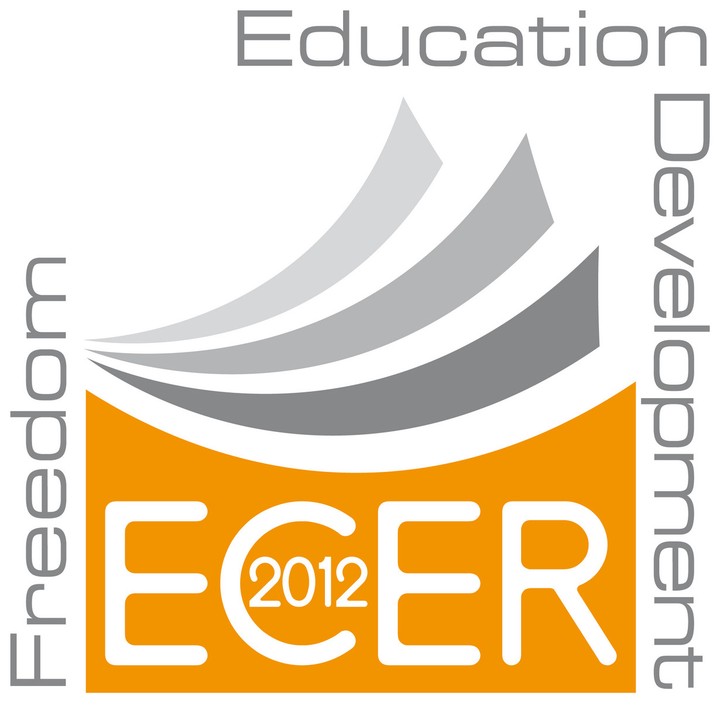The Contribution of School-related Factors to ICT Use as a Management Tool in Primary and Secondary Education

Abstract
Recent research on the factors that promote ICT implementation in schools has emphasised the need to include school level variables and concluded that focusing solely on variables at class level or individual teacher characteristics is insufficient (Vanderlinde & Van Braak, 2010). These studies have highlighted how teachers’ perceptions about structural conditions such as ICT policy planning, ICT support and ICT infrastructure have a positive influence on ICT integration in primary schools (Tondeur, van Keer, van Braak, & Valcke, 2008; Tondeur, Valcke, & van Braak, 2008). While these authors contributed to the understanding of the complexity of ICT implementation, they did so mainly in teaching and learning processes in the context of classroom use. The study presented here takes a step further and focuses on the influence of organisational conditions on teachers and administrators’ management use of ICT outside the classroom.
Adopting a school level perspective, the aim of this research is to develop and test a model of the influence of school-related factors in teachers and administrators’ use of ICT, particularly the internet, as a management tool in primary and secondary schools. We conceptualise the management use of ICT as teachers and administrators’ duties in the functioning of schools as organisations. This also includes activities orientated to promote the interaction of the schools with other elements of the local context (i.e. other schools, other institutions, families and parents). On the side of school-related characteristics and contextual conditions, this study builds on variables identified in previous frameworks (Lim, Chai, & Churchill, 2011; Tondeur, Valcke, & van Braak, 2008; Vanderlinde & Van Braak, 2010). These conditions include the degree of schools’ organisational development; the ICT infrastructure; the provision of ICT support and pedagogical guidance; the development of a school ICT plan; and the vision and rationale behind the ICT implementation process.
ICT implementation in schools occurs at the classroom level in the form of teaching and learning activities as well as at the organisational level in the mode of managerial practices (Law, Pelgrum, & Plomp, 2008; Ward & Parr, 2010). Accordingly, this study contributes to the recent literature on the school conditions that affect ICT implementation by broadening the scope of teachers’ use of ICT and considering it from a managerial point of view. In effect, knowing which structural conditions affect ICT management use is crucial not only to deepen our understanding of the complexity of ICT implementation but also, to approach this phenomenon from a holistic perspective. The findings of this study will help to develop actions and policies of ICT implementation that could complement the more common approach mainly focused in the learning and teaching processes occurring in the classroom.
Method
This on going research is conducted as part of the project “Integration of the Internet in Spanish school education: The current situation and prospects for the future” (Sigalés, Mominó, Meneses & Badia, 2009). The project consisted in a survey about the specific traits of the introduction of the Internet in primary and secondary schools. The fieldwork was conducted in 2007 with the financial support of the Telefónica Foundation. A representative sample of 536 primary and 273 secondary schools in Spain was involved in the study. School principals were asked to complete a self-administered questionnaire assisted by the research staff. Multiple regression analyses are used to make inferential judgments and test the separate effects of the different factors influencing ICT use for management purposes. The independent variables considered in the multivariate models are school-level attributes including organisational development (i.e., the establishment of specific goals to improve teaching and learning processes, and the involvement of school administrators in decision-making), ICT infrastructure (i.e., the availability of computers), ICT support (i.e., technological assistance), ICT school planning (i.e., the availability and characteristics of the school ICT plan), and the rationale behind the process of ICT implementation (i.e., the improvement of students’ performance, the innovation in pedagogical methods and practices, and encouragement of new ways of collaboration between the teaching staff).
Expected Outcomes
Previous research showed that organisational development has a positive influence in teachers’ ICT use for professional practice (Fàbregues, Rodríguez-Gómez, Meneses, & Ion, 2011). In this study, we extend our scope to include additional technological school-related factors that have been suggested in previous frameworks such as ICT infrastructure, ICT support, and school ICT planning. Relying in a multivariate analysis, we expect to obtain evidence that supports the importance of these factors to explain the professional use of ICT outside the classroom. Findings will contribute to open a debate on the relevance of approaching the ICT planning and implementation processes beyond a teaching and learning perspective.